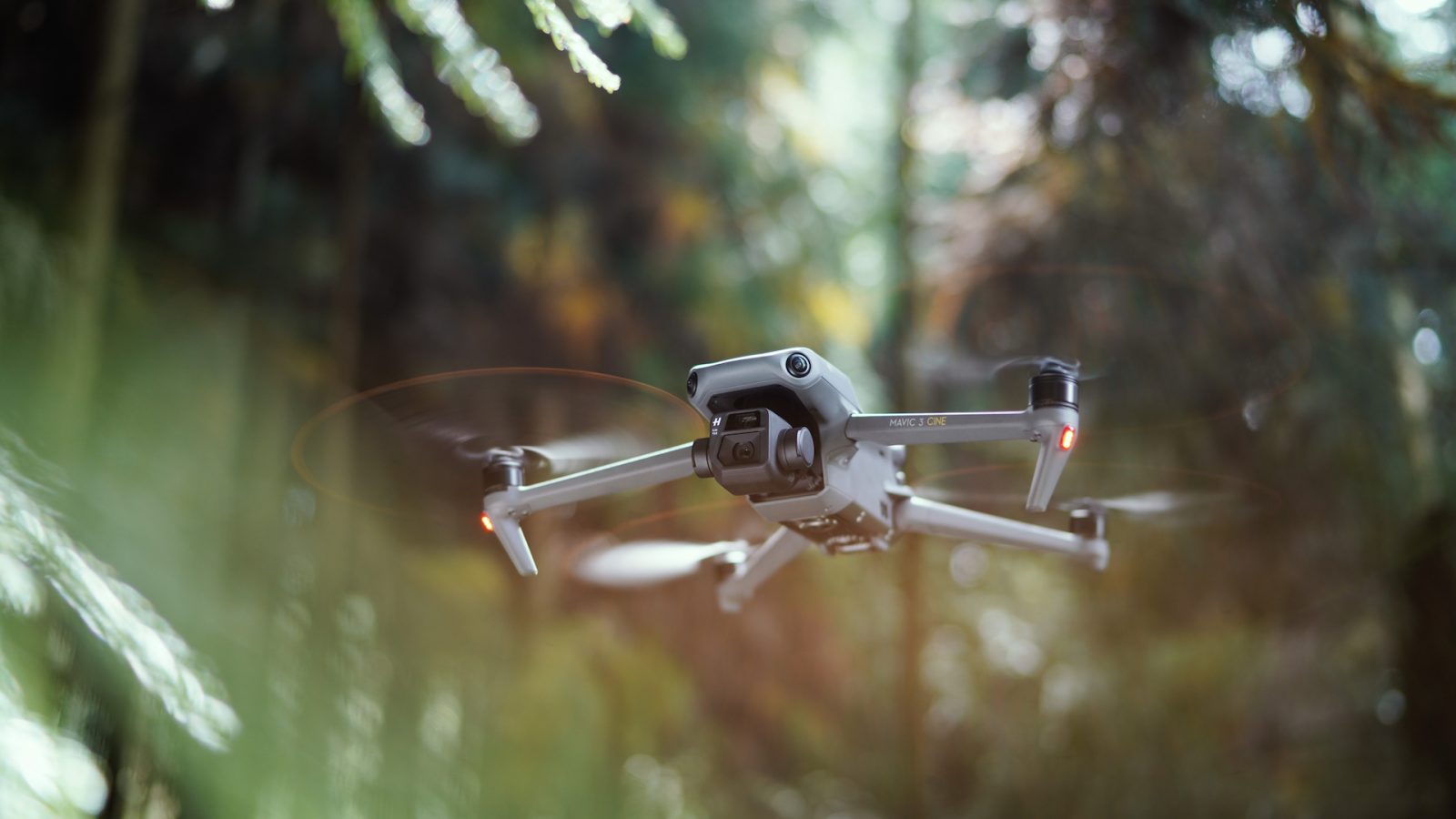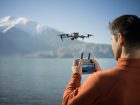
The recent passing of the TikTok bill in Congress is raising concerns that it might set a precedent for similar actions against Chinese companies in the US. More specifically, it could affect pending legislation like the Countering CCP Drones Act, which would effectively make all DJI drones — new and old — unusable in the US, and a fresh proposal known as the Drones for First Responders Act (DFR Act) which relates to first responder use of Chinese-made drones.
A potential DJI ban would impact all drone users, whether they fly for fun, business, or government purposes. But Adam Welsh, DJI’s head of global policy, is quick to point out that an apples-to-apples comparison between the two companies is not possible since DJI and TikTok are diversely different companies with distinct technologies and user profiles.
“For starters, DJI is not a social media company and does not need to access user data. That is why we only take flight logs or images if users opt-in to share with us,” Welsh says. “But there is certainly a strong base of support in Congress for legislation targeting Chinese companies and there are serious efforts to ban DJI that would not just impact government users, but all users — including private businesses and hobbyists.”
Also read: DJI discontinuing its most affordable pro-level mini drone?
DroneDJ readers know that the political discourse and threat of DJI drones being banned in the US have been going on for years. As such, a large part of the community has started feeling fatigued or desensitized to the ongoing discussions surrounding such initiatives.
What’s different this time is that the Countering CCP Drones Act is the first to escalate DJI-targeting beyond restricting government department use. The implications are so drastic for all those who fly DJI drones that most were convinced such a bill could never gain any momentum.
“But then we saw the mechanism that was used to push the TikTok bill across the finish line,” Welsh says, adding that a source in a recent New York Times article has referenced an upcoming China Week in May, so Congress may have a similar opportunity for the Countering CCP Drones Act sooner than we think.
“In short, the tone in DC has shifted significantly and we should take any pending anti-DJI legislation more seriously than ever before. I would also highlight that this is an election year so things can move even more quickly.”
So, what can drone pilots do to prevent a potential DJI drone ban? Is there any time left to do anything? Here’s Welsh’s:
Get involved. If you fly a drone, these new legislative efforts impact you. Even if you like products other than DJI, this still impacts you. No industry has improved by getting rid of competition.
This issue is increasingly covered by the media so there is a wealth of information available publicly, but I would also encourage operators to visit the resources available on the Drone Advocacy Alliance (DAA) website. DJI supports the DAA which is an independent group of drone advocates that are working to ensure operators across the country can weigh in on the policies that will affect them. Operators can start there. You really can make a difference. But you have to engage. Be courteous, be patient, and be ready to answer questions about why you think DJI needs to remain in the market. But make your voice heard.
In terms of time, yes. There is still an opportunity for operators to speak to their representatives. We will continue to engage US policymakers as best we can, but operators should feel empowered to make their voices heard and they shouldn’t wait — if they do, it might be too late.
Read more: DJI efforts to block US drone ban, price rise under scrutiny
FTC: We use income earning auto affiliate links. More.






Comments